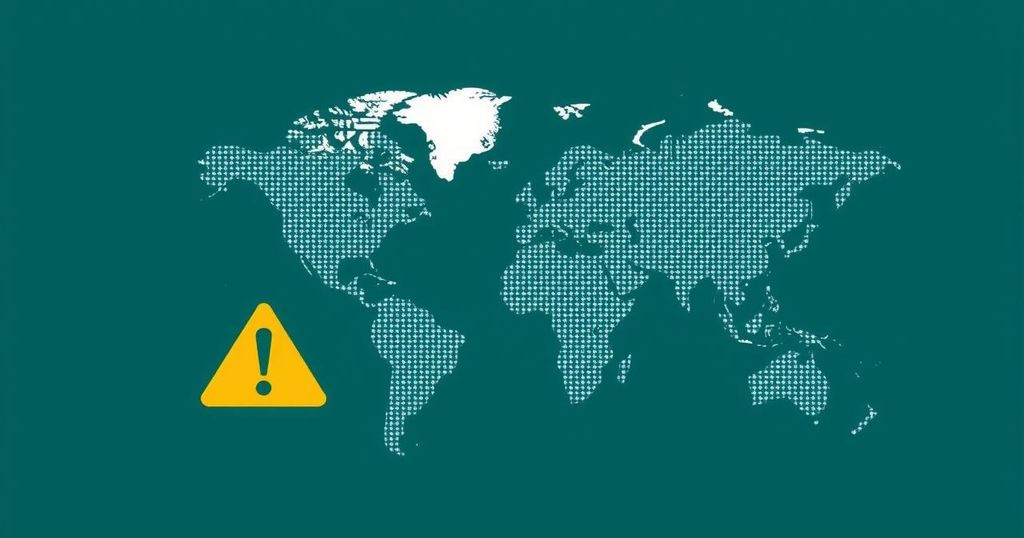COP29 concluded with developed countries pledging to raise climate funding to $300 billion by 2035, a move deemed insufficient by experts and developing nations, who require at least $5.8 trillion by 2030. The negotiations faced delays and escalated tensions around key issues such as fossil fuel use and equitable climate diplomacy, demonstrating the ongoing challenges in addressing the climate crisis effectively and equitably.
At COP29, developed nations agreed to increase their climate financing commitment from $100 billion to $300 billion annually by 2035 to aid developing countries in transitioning to renewable energy and adapting to climate change. While the intention to raise funds is noted, it remains significantly lower than the estimated $5.8 trillion that developing nations require by 2030 to mitigate the impacts of climate change they contribute minimally to. The negotiations extended beyond their scheduled time as delegates grappled with contentious issues, signifying ongoing challenges in achieving consensus among nations, particularly regarding fossil fuel phase-out agreements. Notably, the United Nations Framework Convention on Climate Change (UNFCCC) Secretary-General Simon Stiell labeled the agreement as an essential insurance policy for humanity amid growing climate threats, emphasizing the necessity of fulfilling funding commitments. However, critics from developing countries and experts labeled the $300 billion target as insufficient and indicative of a larger pattern of inequitable climate diplomacy. Newer negotiation formats were suggested as critical to addressing the urgent climate crisis comprehensively. Moreover, the urgency for enhanced climate aid was highlighted by recent natural disasters exacerbating the vulnerabilities of affected populations, illustrating the immediate need for funding to safeguard lives and livelihoods.
The discussions at COP29 centered on climate financing, primarily the financial commitments from developed nations to support developing countries affected by climate change. A previous report from the UN indicated a stark funding gap, outlining a need for $5.8 trillion to allow developing nations to manage climate impacts effectively. The negotiations displayed recurring patterns of prolongation and disagreement over critical topics such as fossil fuel transition, revealing systemic issues in the current diplomatic framework. Previous COP meetings had also extended past their deadlines, indicating a persistent struggle to achieve satisfactory agreements relating to climate financing and action.
In conclusion, while the commitment to increase climate aid at COP29 marks a step forward, it remains grossly inadequate compared to the pressing financial needs of developing nations. As highlighted by various experts and leaders, the newly established target of $300 billion fails to address the urgency of the climate crisis and reflects a continual imbalance in global climate negotiations. The recent acknowledgment of the divergent needs of affected countries reveals a clear requirement for more robust and immediate financial action to ensure that humanitarian and ecological standards are upheld in the face of escalating climate threats.
Original Source: e360.yale.edu







